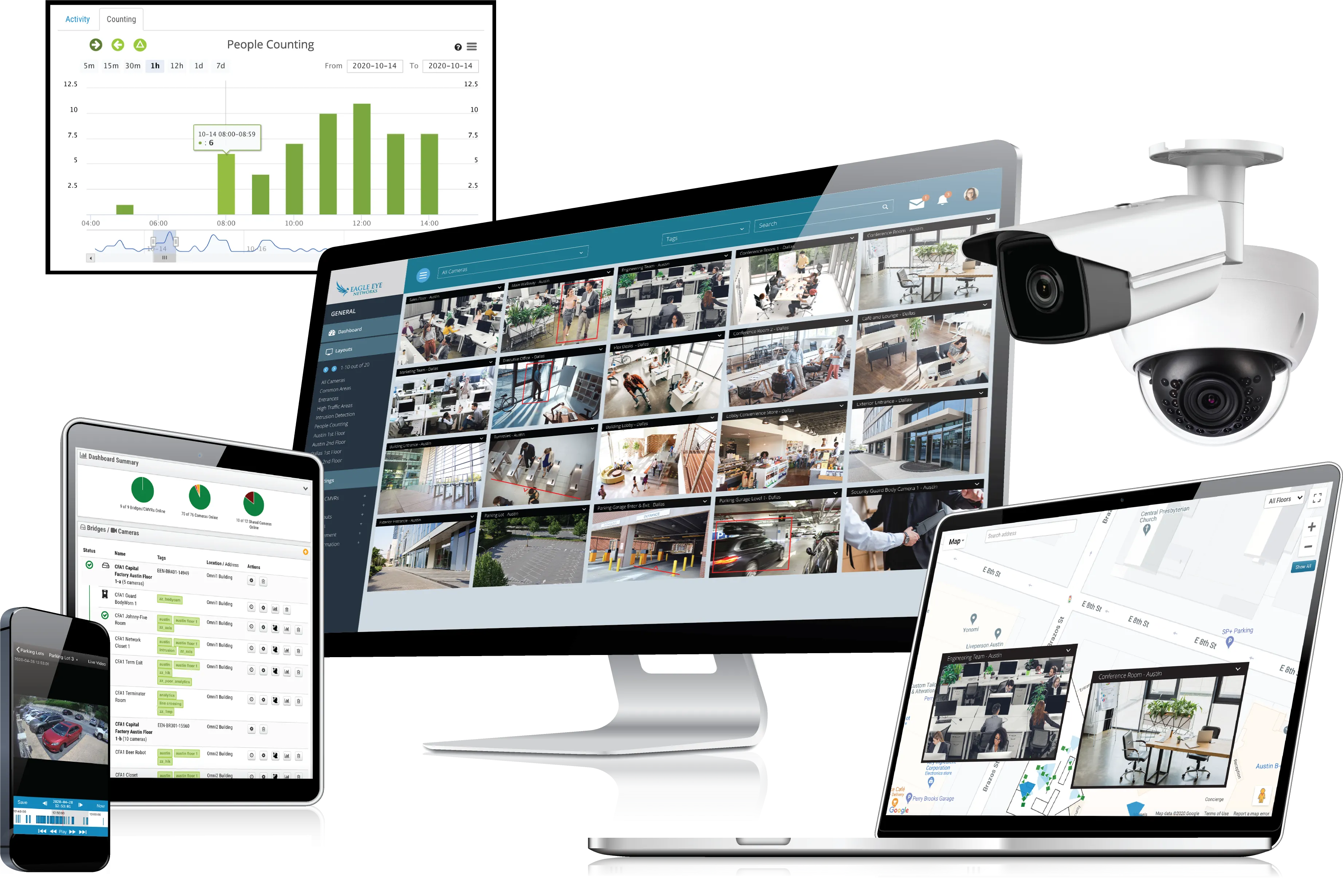
Eagle Eye Networks has raised $40 million from venture capital firm Accel to continue developing surveillance technology which it says detects erratic driving and traffic accidents.
Eagle is utilising artificial intelligence (AI) on its cloud platform in a bid to improve video surveillance and safety.
The company claims current surveillance systems require monitoring or a manual review after each triggered event to extract useful information.
Dean Drako, Eagle founder, says: “There is a tremendous opportunity to leverage AI and alter the very nature of video surveillance. Eagle Eye Networks now has the means and the technology to enable cloud video surveillance to transform how companies manage security and business operations, in the same way self-driving and electric cars are transforming transportation.”
“Ultimately, smart cloud video surveillance with appropriate privacy and cybersecurity protections will make business and communities much safer, for example: detecting dangers such as weapons, erratic driving, active robberies, and traffic accidents,” he continues.
“Furthermore, businesses will analyse their customer service and retail operations to provide a significantly better customer experience, and manufacturers will provide higher quality products, in a safer and more timely manner with video AI.”
The company says its Eagle Eye Cloud Video Management System (VMS) offers central management, cloud reliability and redundancy and an open application programming interface video platform that provides a range of third party integrations.
Eagle Eye Cloud VMS features video encryption to protect customer data and privacy, Eagle adds.









